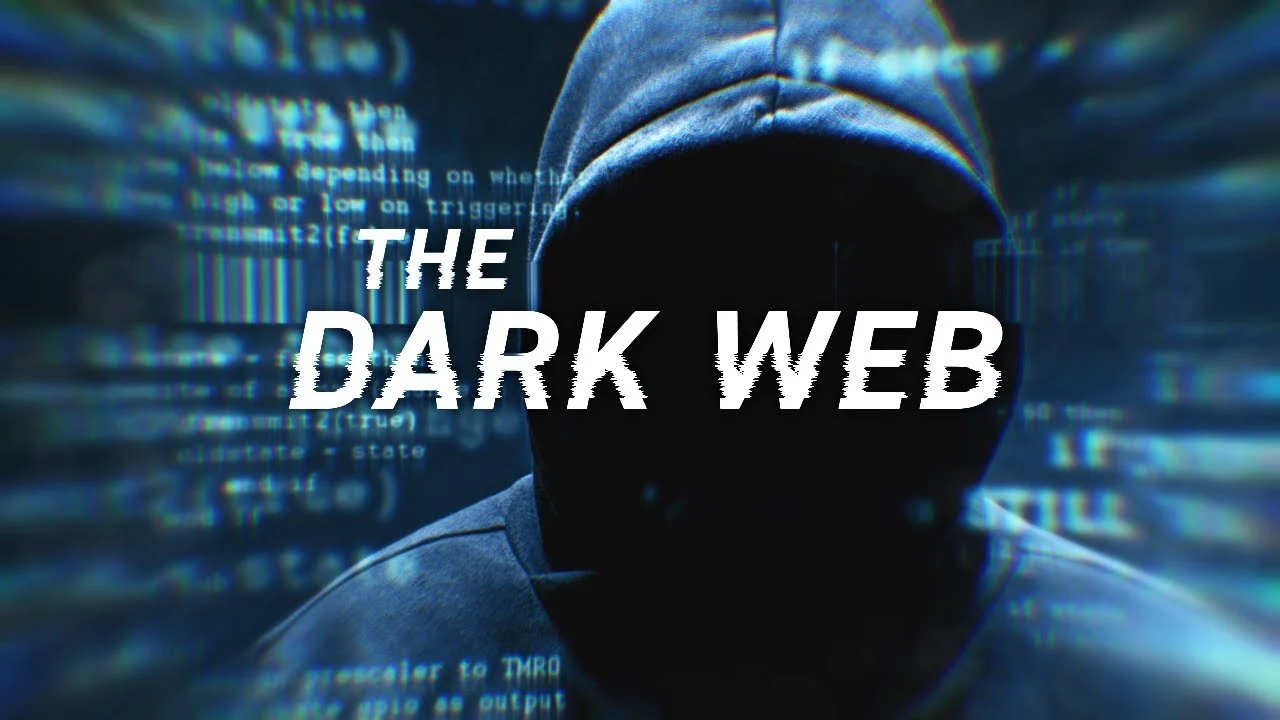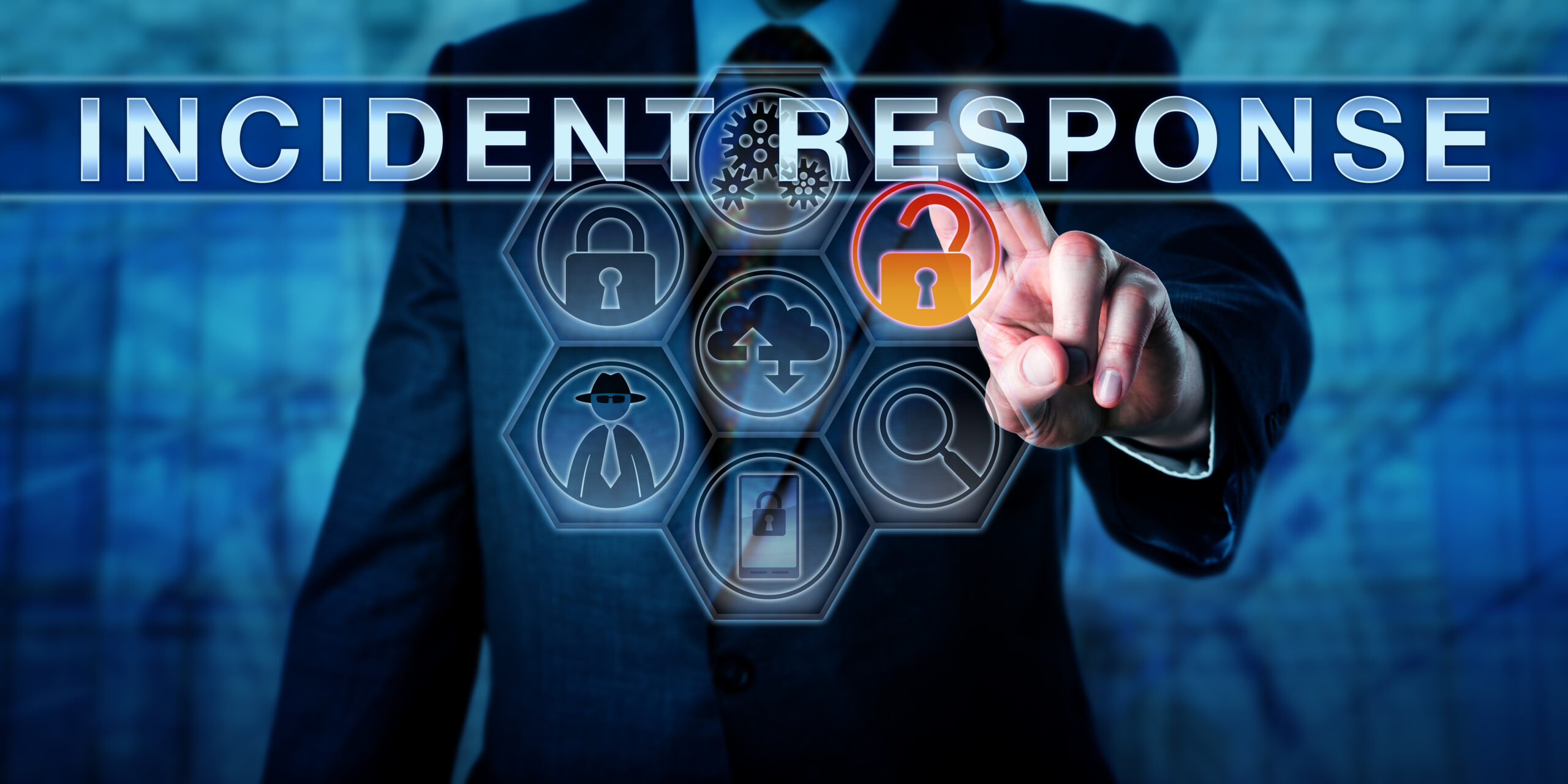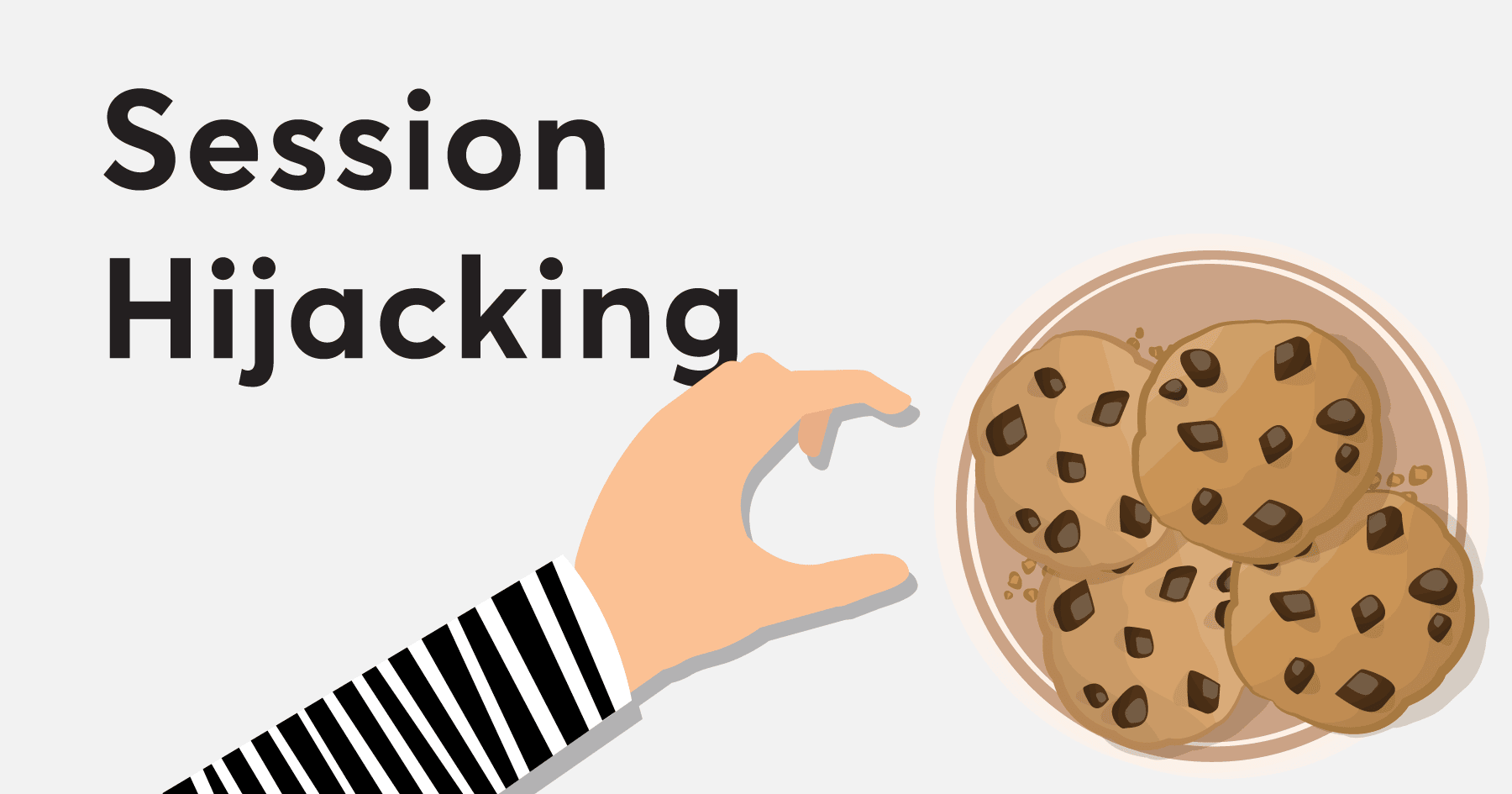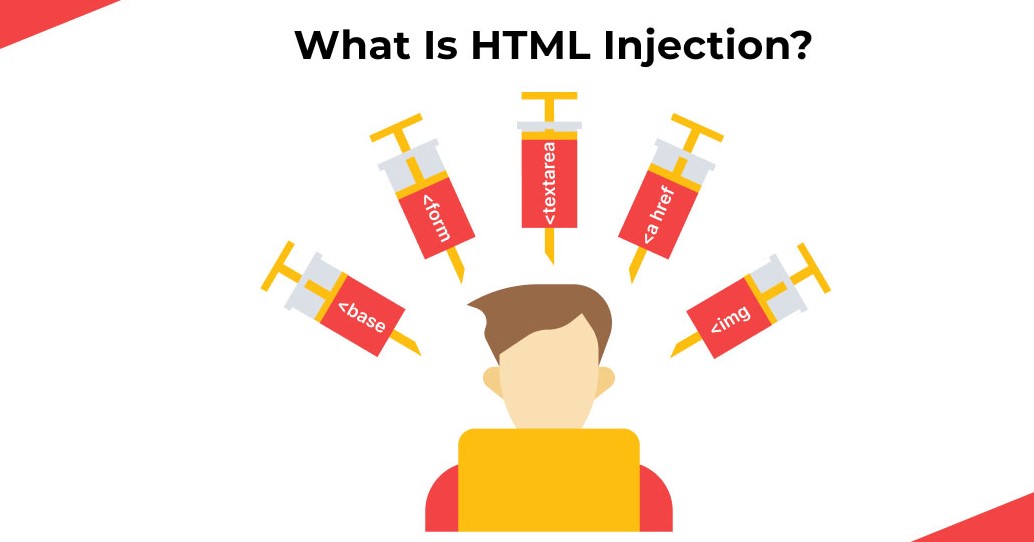
The dark web is a part of the internet that is not indexed by standard search engines and is accessed through special browsers like Tor. It offers a high level of anonymity and privacy, which can be used for both legitimate and illegal activities
Accessing the Dark Web:
The dark web is not accessible via traditional search engines or web browsers.
- It requires specialized software and protocols, such as the Tor browser.
- Tor uses a network of relay servers (called “onion routing”) to anonymize users’ internet traffic and hide their location.
What the Dark Web Can Be Used For:
- Legitimate Purposes:
The dark web can be used by journalists, activists, and others who need to protect their privacy or communicate securely. - Illegal Activities:
It can also be a hub for cyber bcriminals, facilitating activities like selling stolen data, distributing malware, and engaging in other illegal activities
Key Characteristics:
Anonymity:
The dark web offers a high level of anonymity, making it difficult to track users and their activity.
Privacy:
It provides a private space for users to communicate and engage in activities without fear of being monitored.
Specialized Tools:
Access requires specialized tools and knowledge, which can be a barrier to entry for some users.
Accessing or downloading anything from the dark web involves significant risks — both legal and cybersecurity-related. Let’s clarify a few things before going further.
⚠️ Important Warnings:

Legality: The dark web isn’t illegal by itself, but many activities on it are illegal, such as buying stolen data, drugs, weapons, or accessing illicit content.
Just visiting it can expose you to illegal material.
Security Risks: The dark web is full of scams, malware, phishing traps, and hackers. One wrong click can compromise your identity or device.
Privacy: Even though it’s used for anonymity, using the dark web without protection can actually compromise your privacy.
How People Access the Dark Web (for Legal Use Only)
If you’re accessing it for research, journalism, or privacy advocacy, here’s the general legal and safe method:
✅ Step-by-Step (Legal and Safe Use Only)

Download Tor Browser:
Go to the official site: https://www.torproject.org/
Download and install the Tor Browser (based on Firefox, anonymizes your web traffic).
Learn About .onion Sites:
Dark web sites often end in .onion and can only be accessed through Tor.
Use legitimate directories like The Hidden Wiki to explore legal .onion sites (be cautious — some links there can be dangerous).
Stay Safe:
Use a VPN before launching Tor for extra privacy.
Never download files or click suspicious links.
Don’t enter personal information.
Consider using a virtual machine (V.M) for added isolation.
Legal Uses of the Dark Web:
Whistle blowing platforms (e.g., Secure Drop)
Anonymous journalism
Privacy-focused communication tools
Research into cybersecurity and online threats.
Types of Dark Web
The "dark web" is often misunderstood, and it's helpful to clarify what it really is. It's part of a larger framework of the internet, which can be divided into three layers:
🌐 1. Surface Web
What it is: The part of the internet that’s indexed by search engines like Google, Bing, and Yahoo.
Access: Open to everyone; no special tools needed.
Examples: News websites, YouTube, Wikipedia, online stores.
🌊 2. Deep Web
What it is: Content not indexed by search engines, but still accessible with the right credentials or links.
Access: Requires passwords, subscriptions, or secure portals.
Examples:
Online banking accounts
Medical records (behind patient logins)
Academic databases
Corporate intranets
🕶️ 3. Dark Web
This is a small portion of the deep web that requires special software to access and is intentionally hidden.
The dark web can be categorized into three general types based on content and use:
Type Description Access
🧩 Anonymous Marketplaces Used for both legal and illegal trade (e.g., software, data, sometimes drugs or counterfeit goods). Tor Browser
🕵️ Whistleblower Platforms & Activist Sites Used for anonymous sharing of information (e.g., Secure Drop for journalists, or privacy advocacy). Tor Browser
📓 Forums, Chats, and Communities Where people discuss privacy, hacking, politics, or sometimes darker subjects. Tor or other dark nets (like I2P or Free net)
⚠️ Final Notes:
The dark web itself is not illegal, but many activities on it are.
Accessing it requires caution and a clear legal purpose.
Never access it without protection (Tor, VPN, and ideally a secure setup like a virtual machine).








